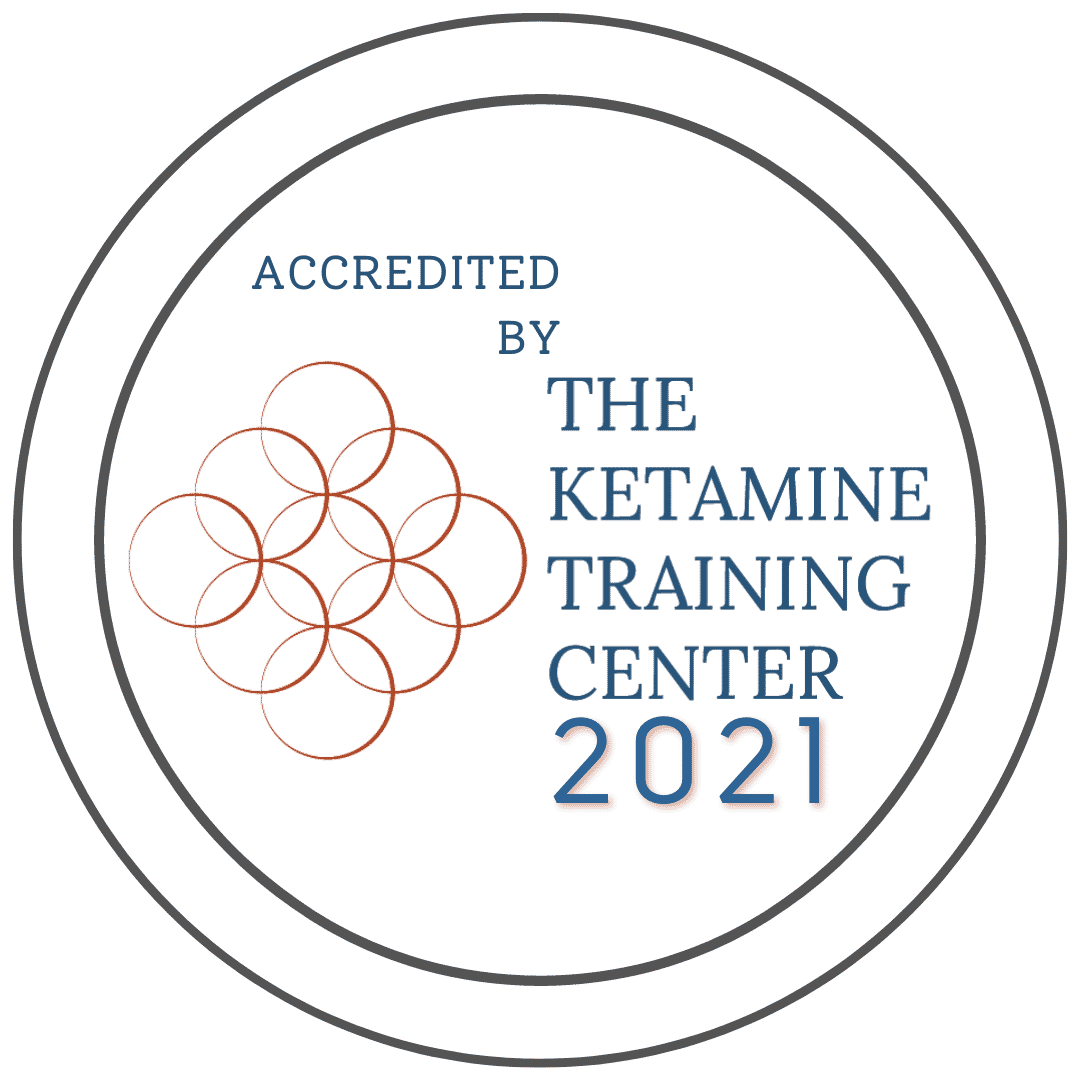

Schedule a Ketamine Treatment Consultation
By submitting this form you agree to be contacted via phone/text/email

Ketamine Therapy for Alcoholism
A NEW TREATMENT FOR ALCOHOL USE DISORDER
If you or a loved one are struggling with alcohol use and want to learn more about the benefits of Ketamine Treatments for Alcoholism, contact the experts at Ketamine Therapy SLC in Salt Lake City and West Jordan, Utah. Our Ketamine experts can help you understand how this treatment works to rewire your brain to overcome mental struggles such as alcohol addiction. Call us now at 385-685-1410 or reach out to us online to schedule a consultation and learn more about Ketamine therapy, how it works, and how it can help you break free from addiction and live a more fulfilled life.
Benefits of Ketamine Treatments
- Improve Many Areas of Mental Wellness
- Rewire the Brain
- Release Trauma
- Fast-acting Treatment
- Strengthen Mental Adaptability
Understanding Alcoholism or Alcohol Use Disorder
What is Normal Alcohol Consumption?
According to the The National Institute on Alcohol Abuse and Alcoholism one standard drink is any of the following:
- 12 ounces (355 milliliters) of regular beer (about 5% alcohol)
- 8 to 9 ounces (237 to 266 milliliters) of malt liquor (about 7% alcohol)
- 5 ounces (148 milliliters) of wine (about 12% alcohol)
- 1.5 ounces (44 milliliters) of hard liquor or distilled spirits (about 40% alcohol)
- For men, consuming more than 4 drinks on any day or more than 14 drinks per week.
- For women, consuming more than 3 drinks on any day or more than 7 drinks per week.
Risk Factors for Alcoholism
- Steady drinking that increases over time
- A family history of alcoholism
- Depression or other mental health issues
- History of trauma
- Social and cultural factors
The Warning Signs of Alcohol Use Disorders
- Craving alcohol
- Being unable to control consumption
- Drinking to avoid responsibilities
- Feeling the need to drink more
- Spending large amounts of money on alcohol
- Behaving differently after drinking
When to Seek Help for Alcoholism
Denial is common for alcoholics. You might feel you don’t have a problem with your drinking or that you have your drinking under control. However, you may not be able to recognize how much you drink or that it is causing problems in your life. It is important to listen to your loved ones or friends. If they express concern and want you to seek help, listening to them is a good idea. Consider talking with someone who has had a problem with drinking but has stopped.
How Ketamine Treatment Works for Treating Alcoholism
Ketamine has been proved to help the brain rewire itself by increasing glutamate production. Glutamate is responsible for the communication between nerve cells. As glutamate increases, new neural pathways are made. As a result, the mind becomes more adaptable and open to healing. This is what makes Ketamine so popular as a treatment for mental illness. Ketamine targets the mind first and doesn’t merely dull symptoms. In addition to the treatment of alcohol disorders, Ketamine can also treat depression, anxiety, chronic pain, PTSD, addiction, and more.
Ketamine Treatment for Alcohol Use Disorder in Clinical Studies
Treatments for alcoholism have limited effectiveness, and researchers have recently noticed a great need for better help for those struggling with alcohol use disorder. The University of Exeter recently conducted a study on Ketamine treatments for severe alcohol disorder. In this study, 96 patients with previous alcohol use history were given low doses of Ketamine combined with therapy. Celia Morgan, the lead author of the study and professor of psychopharmacology at Exeter, stated, “We normally see three out of every four people returning to heavy drinking within 6 months of quitting alcohol”. Therefore, the study tested 96 patients over a period of 180 days (6 months).
Results of the study showed 87% abstinence; participants that had Ketamine combined with therapy stayed completely sober for 162 out of 180 days. These results were much better in comparison to other treatment options.
What to Expect During a Ketamine Treatment for Alcoholism
Ketamine treatments are gaining popularity throughout the nation. What was once a recreational drug is now at the forefront of mental health treatments. CEO and founder of the U.K rehab clinic Delamere, Martin Preston, said this about ketamine treatment for those dealing with alcohol dependence: “Ketamine at the right levels, alongside therapy, can act as an antidepressant and help block out pain or depressive feelings that come with alcohol dependency…this can mean that those who are suffering from alcoholism might be more open to learning new information as part of their psychological therapy and start the healing process in a much more effective way.”
The Cost of Ketamine for Alcohol Treatments
As Ketamine is still a new treatment for alcoholism, these treatments are not typically covered by insurance. Ketamine therapy treatments are also highly customizable. Providers are able to tailor dosage and therapy to each person based on their unique circumstances. Therefore, the cost will vary per patient. The best way to know how much Ketamine treatments will be is to speak with Ketamine Therapy SLC, Therapeutic Alternatives.
Ketamine for Alcoholism FAQs
Does Ketamine treat alcohol disorder use?
A study published in the National Library of Medicine states, “Ketamine may be an effective therapeutic modality for people with alcohol use disorders who fail to respond to FDA-approved first-line agents. More robust clinical trials are necessary to provide a more accurate assessment of efficacy, safety profile, and dosing strategies for ketamine utilization in alcohol use disorder.”
What kind of Ketamine treatment works best for alcoholism?
Ketamine for Alcohol Treatment in Salt Lake City
Learn more about Ketamine therapy treatments for alcohol by contacting Ketamine Therapy SLC with Therapeutic Alternatives today. Our Ketamine experts help patients learn all about what Ketamine can do for them and discuss the safety and efficacy of this treatment during your free consultation. Call us today at 385-685-1410 to get started.
Schedule a Ketamine
Treatment Consultation
Schedule an appointment via call or text at (385) 685-1410 or fill out the form below:
By submitting this form you agree to be contacted via phone/text/email
You agree to be contacted by Ketamine Therapy at Therapeutic Alternatives by submitting this form; regarding marketing messages by text, phone, or email. We commit to respecting and protecting your private information. At any time you are able to unsubscribe from these messages. For more information regarding our Privacy Policy, please review here.
Sources:
Schedule a Ketamine
Treatment Consultation
Schedule an appointment via call or text at
(385) 685-1410
or fill out the form below:
By submitting this form you agree to be contacted via phone/text/email


